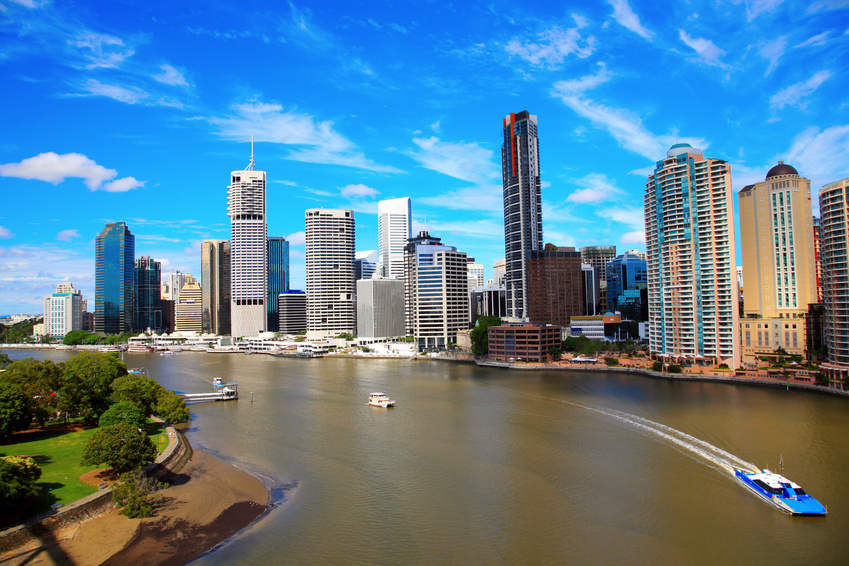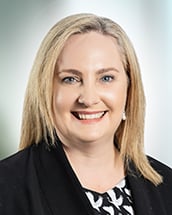Australia’s budding hydrogen industry is rapidly expanding. With a recent influx of federal and state government funding, and the world’s largest green hydrogen project pipeline in place, Australia is well positioned to become a leading hydrogen producer and exporter. However, one outstanding aspect of this nascent industry – which could influence its future success – is the development of an internationally recognised certification scheme. Recently, there have been both government- and industry-led initiatives to develop such a scheme, although these initiatives remain in their early stages and their intended scope and application are presently unclear.
What are hydrogen certification schemes?
Certification schemes help verify that particular products meet certain standards. Outside Australia, the main hydrogen certification scheme currently in development is Europe’s industry-led CertifHy project, which is a “guarantee of origin” (GO) scheme. A GO is a certificate instrument that tracks a product through its supply chain, labelling the origin of that product and providing information about its source and manufacture. CertifHy permits hydrogen with lifecycle emissions below a defined limit to be certified “green” (if produced using only renewable energy), or “low-carbon” (if produced otherwise than from renewable energy). Australian government and industry-led certification initiatives are currently being modelled off aspects of the CertifHy scheme.
Why does Australia need its own hydrogen certification scheme?
Many prospective hydrogen consumers are setting increasingly ambitious emissions reduction targets, and expect transparency about the carbon footprint of hydrogen they may purchase. Demand for “green” hydrogen is rapidly increasing, whereas some other variants – such as “grey” hydrogen (produced using fossil fuels) – have a carbon footprint frequently incompatible with such ambitious emissions reduction targets. Commentators have, however, identified a number of potential issues with CertifHy, such as its (current) unavailability beyond EU member countries, and its focus on transport fuels. It is therefore crucial for Australia to be able to adequately certify the origins of its own domestically produced hydrogen (and derivatives), so it is attractive to potential consumers.
Government-led initiatives
In November 2019, the Council of Australian Governments’ Energy Council endorsed the National Hydrogen Strategy, outlining Australia’s desire to play a key role in the future development of an international hydrogen certification scheme. In mid-2020, the Australian government consulted with stakeholders and industry on the development of a certification scheme, and has since announced that it is working with other countries to agree on methods for determining carbon emissions generated from hydrogen production, with a GO scheme trial to be conducted in 2021. The trial will be funded as part of an AUD 275.5 million investment by the Australian government into clean hydrogen projects, announced under the 2021-2022 Budget in April this year. On 21 June 2021, the Australian government released a discussion paper on the design of a GO certification scheme for hydrogen in Australia (the GO Discussion Paper), inviting comments from industry and potential consumers until 30 July 2021. The stated aim of the GO Discussion Paper is to develop methods for transparent calculation of carbon emissions associated with hydrogen production, in order to allow consumers to “set their own definitions” of blue or green hydrogen, with reference to agreed international standards.
Industry-led initiatives
In December 2020, Australia’s Smart Energy Council (SEC) announced that its hydrogen division was developing a national Zero Carbon Certification Scheme (ZCCS) for renewable hydrogen, ammonia, steel and other derivatives. The ZCCS is a voluntary, industry-led GO-style scheme, which will operate as a “tracking” system by certifying that hydrogen and its derivatives are made entirely from renewable energy sources and providing an embedded carbon rating. The SEC has since announced a partnership with the German Energy Agency on the development of the ZCCS, and in April 2021 announced that the first project to be certified under the scheme will be the ActewAGL hydrogen refuelling station in Canberra. The initiative has generated strong interest both globally and domestically, with the Australian Capital Territory, Queensland and Victorian state governments both enrolling in the scheme. Most recently, Norwegian chemical company Yara confirmed it will seek to have its Western Australian renewable hydrogen and green ammonia production and export facility certified under the ZCCS, in order to guarantee its products’ green credentials for its customers both in Australia and overseas.
Where to from here?
It is expected further information about the ZCCS will be soon released as the SEC completes its first project. Given the Australian federal, state and territory governments continue to express support for low-carbon emissions hydrogen projects as well as true zero-emissions “green” hydrogen, it also seems likely that any GO scheme ultimately announced will follow in CertifHy’s footsteps and recognise not only green but also low-carbon hydrogen (unlike the ZCCS). Australia’s recently released GO Discussion Paper clearly contemplates this eventuality, outlining methodologies for a GO scheme covering electrolysis (“green”), coal gasification with carbon capture and storage (CCS) and steam methane reforming with CCS (“blue”). The role of carbon offsets (if any) will also need to be determined, with the GO Discussion Paper noting that CertifHy does not currently include the use of offsets for CCS. Regardless, it is crucial that Australia retains its current pace of development of a hydrogen certification scheme, in order to remain competitive in the swiftly moving global market.
This article was prepared with the assistance of Kirsten Foley and Harrie Bantick.




